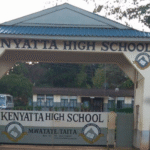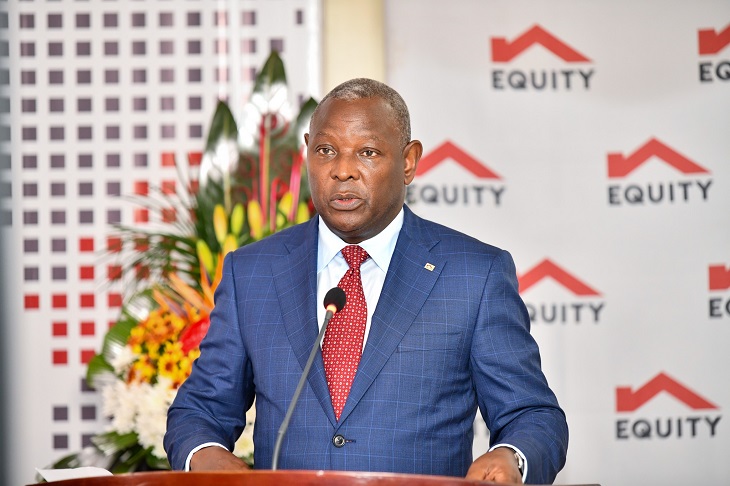Kenya’s real estate sector has once again drawn public attention following a lengthy court case involving Equity Bank CEO James Mwangi and property firm Mount Pleasant Limited over a four-acre piece of land in Nairobi’s prestigious Muthaiga area.
The dispute, which dates back decades, intertwined the legacies of former President Daniel Moi and his one-time Finance Minister Arthur Magugu, creating a complex web of ownership claims that exposed deep flaws in the country’s land management systems.
The contested land, valued at about one billion shillings, has changed hands several times since its initial allocation in 1915 to a colonial settler named James Archibald Morrison.
It was later sold to British aristocrat Ferdinand Bentinck, who transferred it to then-President Moi in 1980.
Shortly after, Moi used the land as security for a bank loan before selling it in 1982 to Arthur Magugu and his wife Margaret.
This sale marked the beginning of a long ownership trail that would later become the heart of the modern legal battle.
The Magugus later mortgaged the property to the National Bank of Kenya in the late 1980s to support a third-party business known as MDC Limited.
When the borrower defaulted, the bank sought repayment through a court-sanctioned private sale. In 2006, Mount Pleasant Limited legally acquired the land for Sh130 million, clearing the Magugus’ debt and taking possession of the property.
The company demolished the old structures and began planning a luxury development, confident in its legal ownership.
However, in 2012, Equity Bank boss James Mwangi claimed to have bought the same land directly from Moi for Sh320 million, asserting that the former president personally blessed the sale.
He maintained that he and his wife purchased the land as a family home to mark their 25th wedding anniversary. His lawyers argued they had performed due diligence and that Moi’s signature confirmed the authenticity of the deal.
But Mount Pleasant dismissed this claim, stating Moi had no right to sell what he no longer owned since he had already transferred the property to the Magugus three decades earlier.
The Environment and Lands Court examined the full ownership trail, reviewing old conveyances, bank documents, and testimony from witnesses, including Magugu’s widow.
Justice Oscar Angote concluded that Mount Pleasant’s ownership was legitimate and that Moi’s 2012 sale to Mwangi was void from the start. The court ruled that no one can give what they no longer own and noted that Mr Mwangi’s title contained multiple irregularities, including missing registry signatures and incorrect file numbers.
The judge also faulted Mwangi’s lawyers for failing to conduct official searches at the land registry before finalizing the purchase.In a strong ruling delivered on October 23, 2025, the court ordered the cancellation of Mwangi’s title, his eviction within 30 days, and payment of Sh10 million in damages to Mount Pleasant for trespassing.
It also instructed the police to assist in enforcing the eviction and directed the Registrar of Lands to restore the rightful ownership records.
Beyond the dispute between two prominent parties, the judgment exposed the fragile state of Kenya’s land registry, where lost files and forged documents continue to fuel property conflicts.
The court observed that the system’s inefficiency enables multiple titles to exist for the same land, putting even experienced buyers at risk. Justice Angote’s remarks captured the frustration shared by many Kenyans, noting that the country’s title deeds have increasingly become “worthless paper” without proper verification.
The case serves as a stark reminder of the dangers of shortcuts in land transactions and the importance of rigorous due diligence, even for those with means and influence. It also stands as one of the clearest examples of how Kenya’s land governance challenges can entangle business leaders, historical estates, and financial institutions in years of uncertainty, all rooted in the enduring weaknesses of record-keeping and oversight within the country’s land system.





















Add Comment